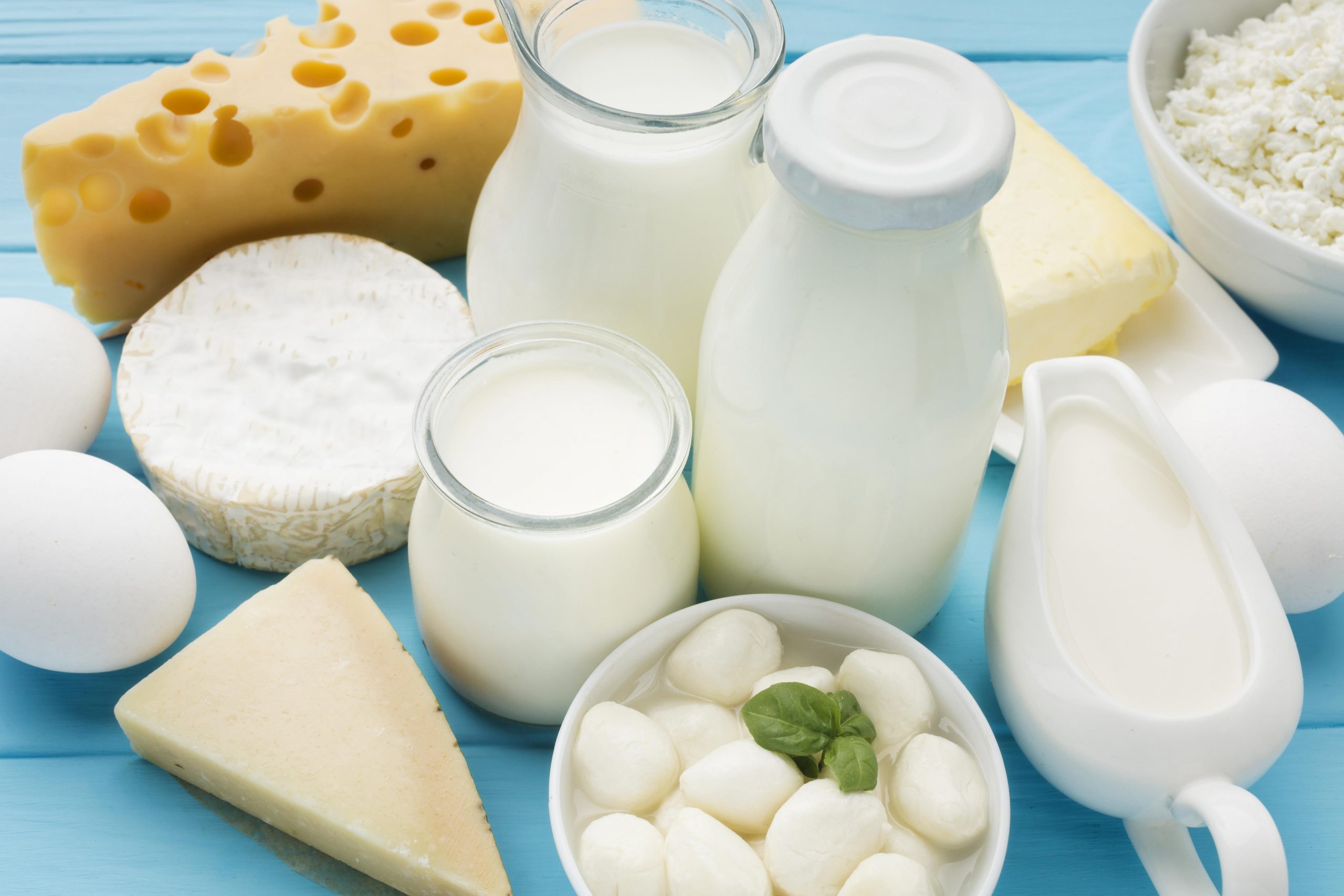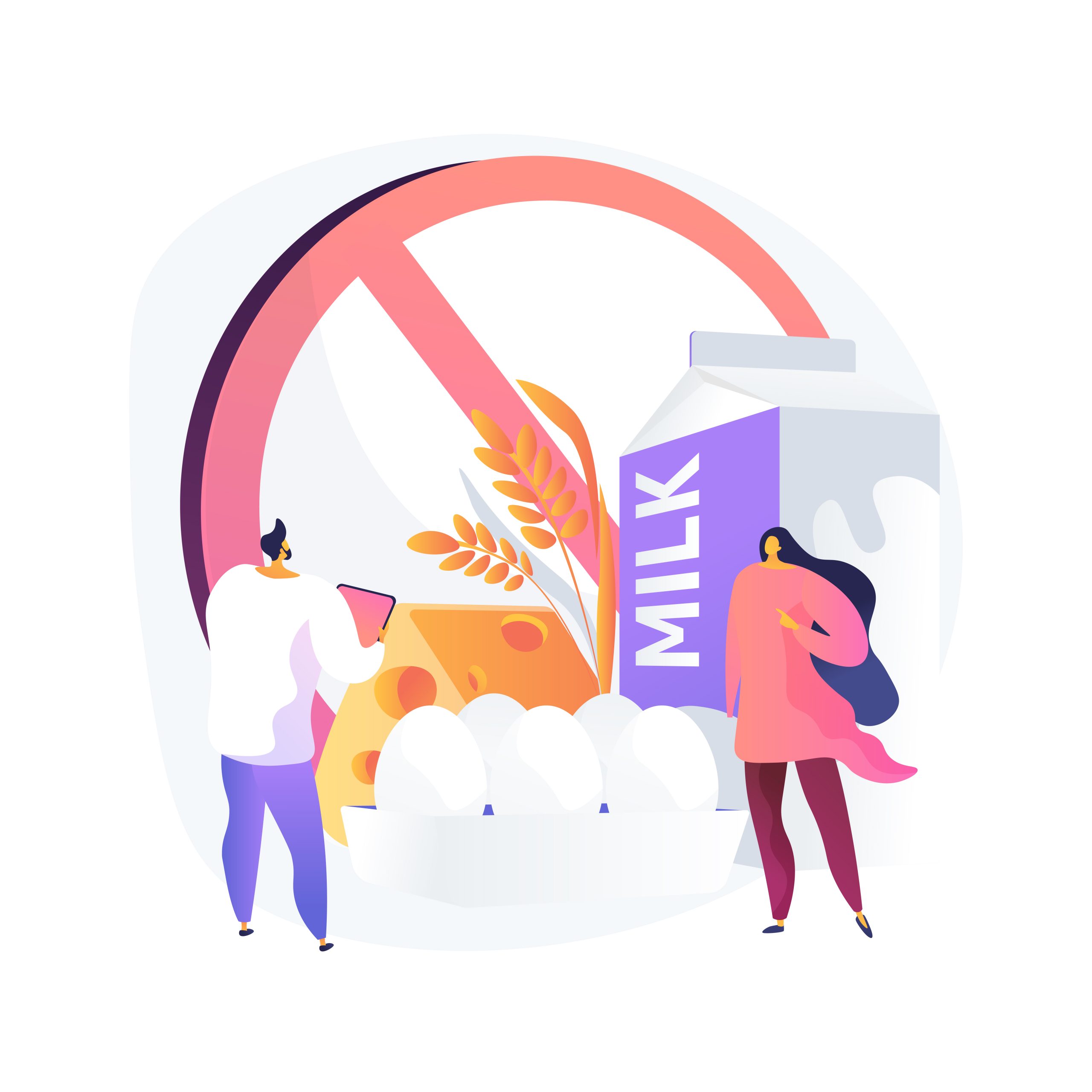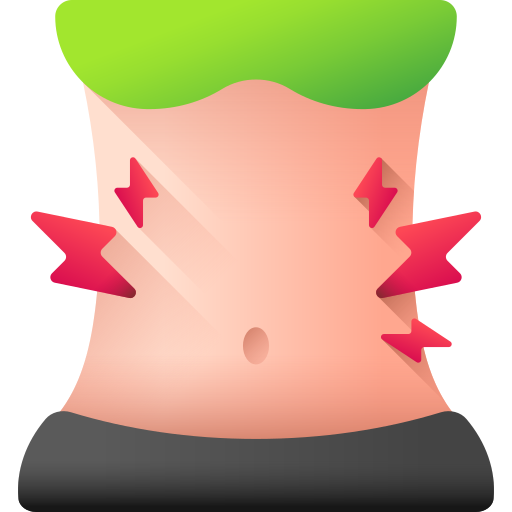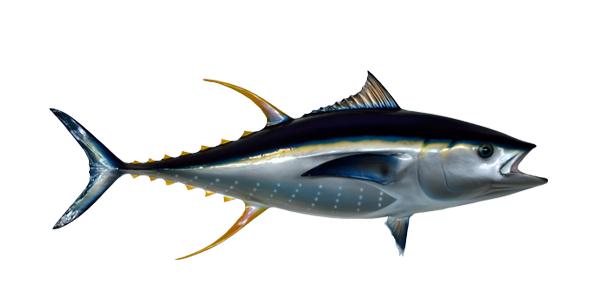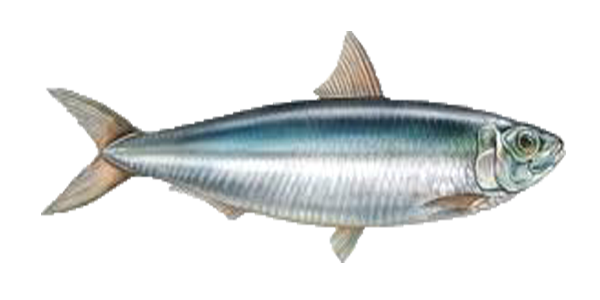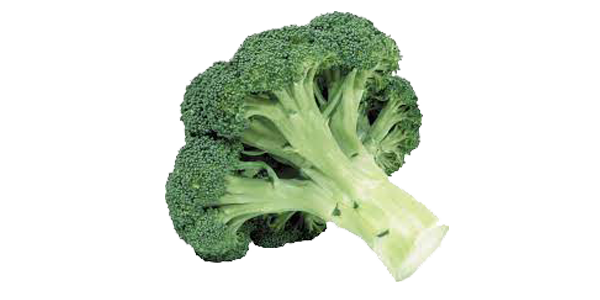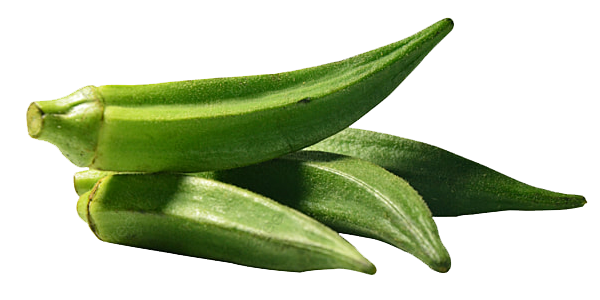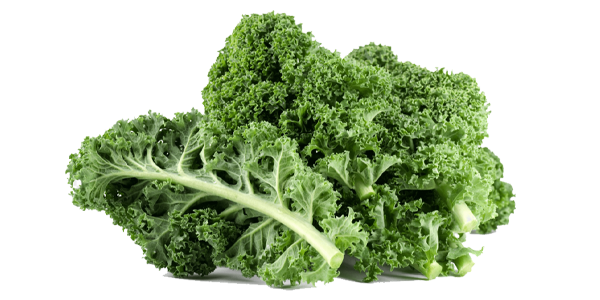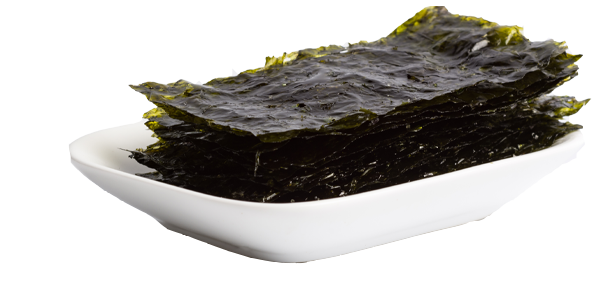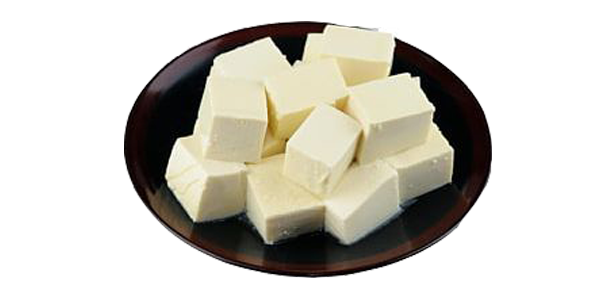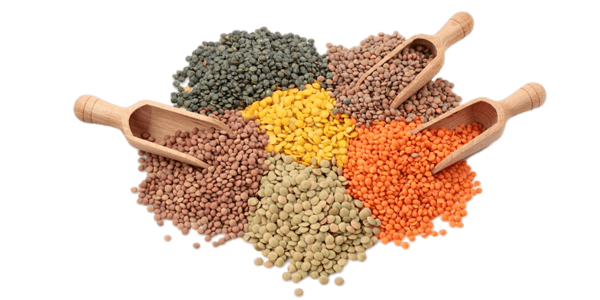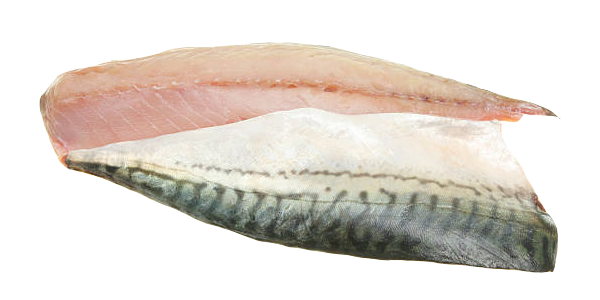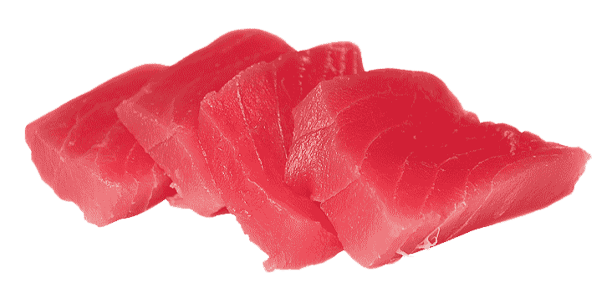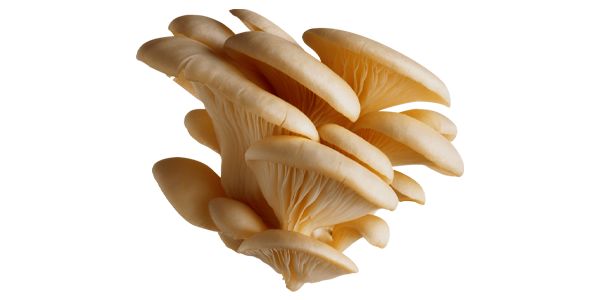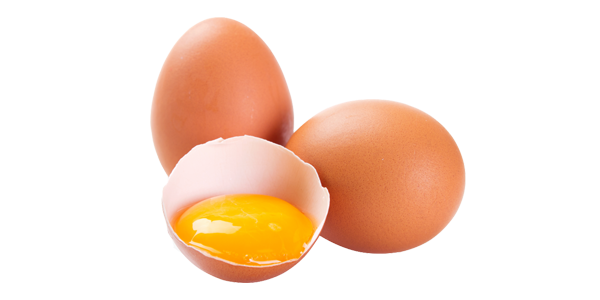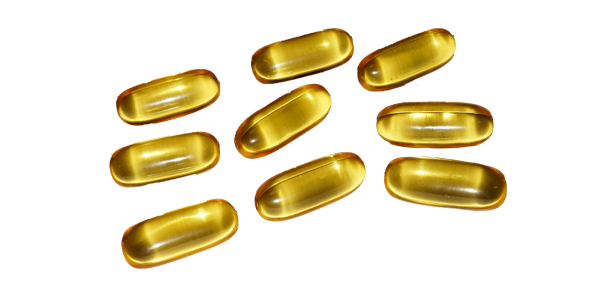- Online Promotion
- Home
- About Us
- Find a Doctor
- Cardiology (Heart)
- Colorectal Surgery
- General Surgery
- Dato’ Dr. Tan Hui Meng
- Dr. Abdul Aziz Al-Akbar
- Dr. Asraf Haslam bin Jasmani
- Dr. Ching Wing Seng
- Dr. Fong Voon Ken
- Dr. Hizami Amin-Tai
- Dr. Jagjeet Singh
- Dr. Lee Kim Siea
- Dr. Loong Yik Yee
- Dr. Naveendran A/L Sidambram
- Dr. Nik Qisti Fathi
- Dr. Nur Suriyana binti Abd Ghani
- Dr. Peter Paul Wong Yat Cheong
- Dr. Sivaprakasam A/L Sivalingam
- Dr. Terence Chin Kah Chuan
- Dermatology (Skin)
- Dietetics & Nutrition
- Ear, Nose & Throat (ENT)
- Gastroenterology (Liver, Stomach & Colon)
- Health Screening
- Neurology (Nerve)
- Nephrology (Kidney)
- Obstetrics & Gynaecology (Women’s Health)
- Ophthalmology (Eye)
- Orthopaedic (Muscle, Bone & Joint)
- Plastic Surgery
- Psychiatry (Mental Health)
- Radiology (Imaging Tests)
- Sports & Exercise Medicine
- Urology (Urinary System & Men’s Health)
- Shop
- Customer Care
- Contact Us
- Appointment
- Corporate Health Services
- Online Promotion
- Home
- About Us
- Find a Doctor
- Cardiology (Heart)
- Colorectal Surgery
- General Surgery
- Dato’ Dr. Tan Hui Meng
- Dr. Abdul Aziz Al-Akbar
- Dr. Asraf Haslam bin Jasmani
- Dr. Ching Wing Seng
- Dr. Fong Voon Ken
- Dr. Hizami Amin-Tai
- Dr. Jagjeet Singh
- Dr. Lee Kim Siea
- Dr. Loong Yik Yee
- Dr. Naveendran A/L Sidambram
- Dr. Nik Qisti Fathi
- Dr. Nur Suriyana binti Abd Ghani
- Dr. Peter Paul Wong Yat Cheong
- Dr. Sivaprakasam A/L Sivalingam
- Dr. Terence Chin Kah Chuan
- Dermatology (Skin)
- Dietetics & Nutrition
- Ear, Nose & Throat (ENT)
- Gastroenterology (Liver, Stomach & Colon)
- Health Screening
- Neurology (Nerve)
- Nephrology (Kidney)
- Obstetrics & Gynaecology (Women’s Health)
- Ophthalmology (Eye)
- Orthopaedic (Muscle, Bone & Joint)
- Plastic Surgery
- Psychiatry (Mental Health)
- Radiology (Imaging Tests)
- Sports & Exercise Medicine
- Urology (Urinary System & Men’s Health)
- Shop
- Customer Care
- Contact Us
- Appointment
- Corporate Health Services
- Online Promotion
- Home
- About Us
- Find a Doctor
- Cardiology (Heart)
- Colorectal Surgery
- General Surgery
- Dato’ Dr. Tan Hui Meng
- Dr. Abdul Aziz Al-Akbar
- Dr. Asraf Haslam bin Jasmani
- Dr. Ching Wing Seng
- Dr. Fong Voon Ken
- Dr. Hizami Amin-Tai
- Dr. Jagjeet Singh
- Dr. Lee Kim Siea
- Dr. Loong Yik Yee
- Dr. Naveendran A/L Sidambram
- Dr. Nik Qisti Fathi
- Dr. Nur Suriyana binti Abd Ghani
- Dr. Peter Paul Wong Yat Cheong
- Dr. Sivaprakasam A/L Sivalingam
- Dr. Terence Chin Kah Chuan
- Dermatology (Skin)
- Dietetics & Nutrition
- Ear, Nose & Throat (ENT)
- Gastroenterology (Liver, Stomach & Colon)
- Health Screening
- Neurology (Nerve)
- Nephrology (Kidney)
- Obstetrics & Gynaecology (Women’s Health)
- Ophthalmology (Eye)
- Orthopaedic (Muscle, Bone & Joint)
- Plastic Surgery
- Psychiatry (Mental Health)
- Radiology (Imaging Tests)
- Sports & Exercise Medicine
- Urology (Urinary System & Men’s Health)
- Shop
- Customer Care
- Contact Us
- Appointment
- Corporate Health Services



